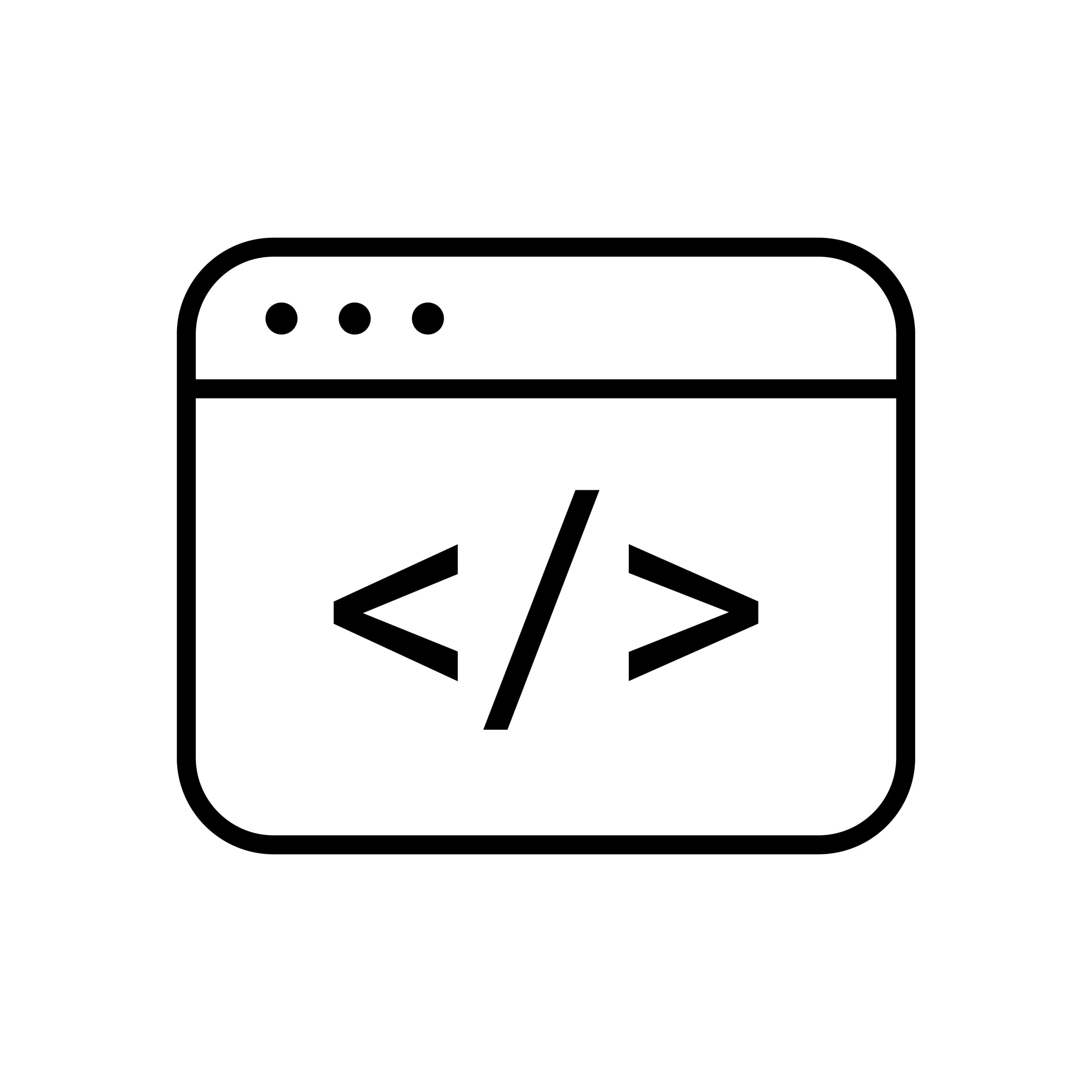Great Article on Consequences of Thirty Years of the Federal Circuit
Timothy B. Lee put out a great article in ArsTechnica today entitled “How a rogue appeals court wrecked the patent system.” There has been a lot of talk about patents on DisCo recently, and for good reason. Patents can be a tool for innovation and economic growth. However, over the last few years, they have become a weapon. There is even a whole cottage industry on helping companies deal with patent trolls, like the ironically named Patent Freedom.
Timothy does a great job going into the history of the Court of Appeals for the Federal Circuit, and its role as an enabler of the broken patent system we face today. His basic thesis is:
No institution is more responsible for the recent explosion of patent litigation in the software industry, the rise of patent trolls, and the proliferation of patent thickets than the United States Court of Appeals for the Federal Circuit.
If you read one post today, make it Brian’s phenomenal post on patents; if you read two, don’t miss Timothy’s ArsTechnica piece.







